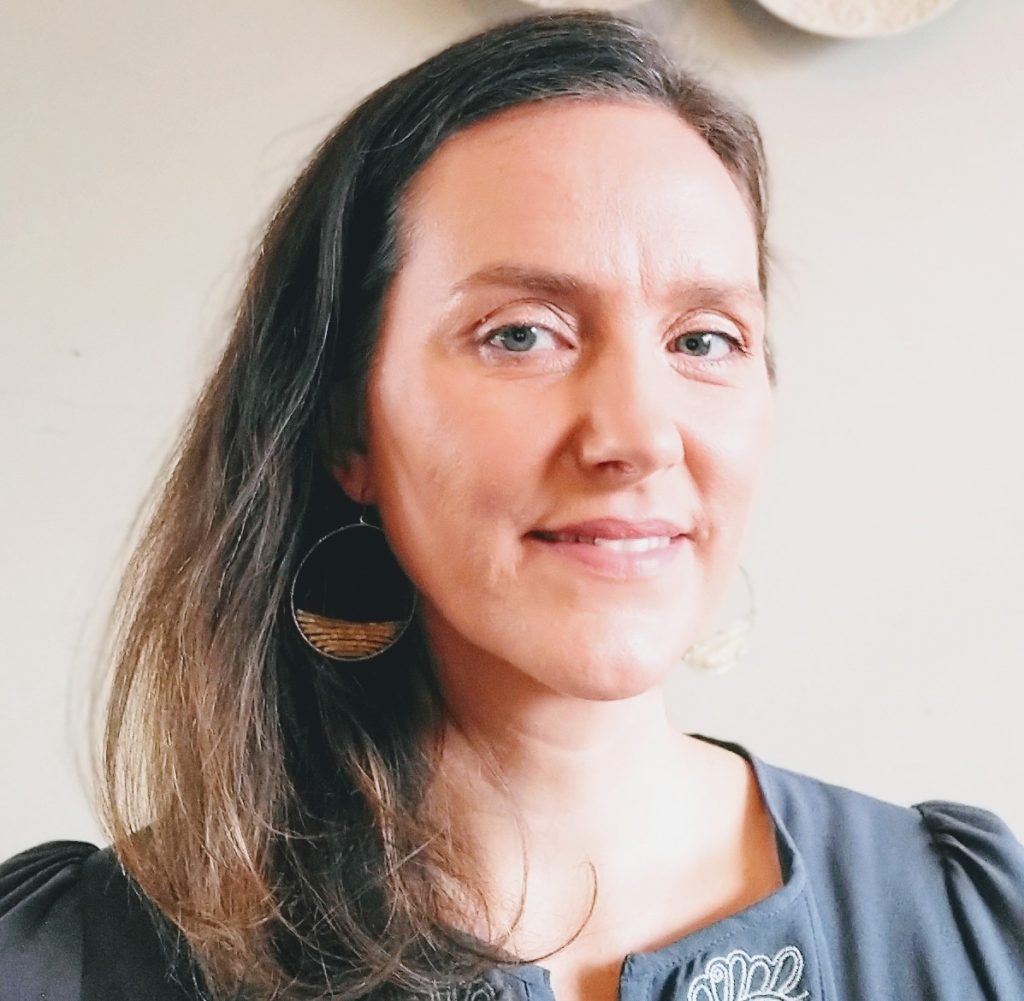Confronting Conflict with Humanity and Hope
How we’re leaning into humanitarian principles to make a difference in the Israel-Gaza crisis.
Lately, I’ve been getting questions from my family and friends about the ongoing conflict in Gaza. I know it can feel overwhelming, confusing and downright heartbreaking. The scars of the Hamas attacks on Israeli farming communities last October are still fresh, innocent people have died in large numbers, and the war drags on with no end in sight. But amidst the chaos, your generosity has helped World Relief make an impact.
World Relief has directly supported many organizations on the ground. We’ve provided aid within Gaza, on the border in Egypt, and to Israelis and Palestinians on the West Bank. Here’s just a glimpse of what has been possible:
- Medicines and Medical Supplies: Over 50,000 people have received medicines, medical supplies or lifesaving healthcare.
- Water and Sanitation: We’ve provided latrines and water filtration systems to meet the needs of internally displaced people.
- Food and Basic Necessities: Countless families have received the essentials to survive this brutal war.
Of course, these conversations often come around to the hard questions. “What’s really happening?” and “What do you think?” In crises like this, there are so many conflicting reports and strong opinions on all sides. There are powerful forces at play with hardline agendas, but there are also humanitarians, like World Relief and our partners, working tirelessly to value and uphold the sanctity of every human life amidst the turmoil.
Humanitarians engage in these conflicts driven by a shared set of principles: humanity, impartiality, neutrality and independence. These aren’t just words to us; they’re the very foundation of our work. This means we believe in:
- Humanity: Protecting life, health, and ensuring respect for all human beings; do no harm.
- Impartiality: Aid based solely on need, prioritizing the most urgent needs first.
- Neutrality: Addressing human suffering wherever it’s found, without taking sides.
- Independence: Humanitarian aid and action must be autonomous from political, economic, military or other objectives that any actor holds.
There are several ways I invite my family and friends and the broader World Relief community to embrace these values. First, you can look for God in the face of those who suffer. Jesus taught us that when we serve those in need, we’re serving him (Matthew 25:40-45). All human beings are created in the image of God. This is the bedrock of humanity as a value, and the reason why we do whatever we can to protect life and health in conflict settings.
Second, you can acknowledge suffering and needs do not discriminate in a conflict. In your conversations, note suffering that happens to anyone, especially to those with whom you disagree.
Third, you can give. Even a few dollars might provide bandages for a wound, safe shelter or emergency transportation.
Fourth, you can advocate for safe corridors for humanitarian aid. Delivering lifesaving aid in conflict zones like Gaza is incredibly challenging. Aid workers lives have been lost (some targeted and some due to the general lack of protection for civilians), barriers to aid have been erected, and the combined loss of life and damage to infrastructure has gravely hit even the most basic of services. Safe corridors for delivering aid are crucial, and we need those in power to commit to providing them.
Lastly, and most importantly, you can pray. While we may not have the power to change everything, your prayers are vital. They make a real difference. Your prayers join with the Holy Spirit, who works with the same power that raised Christ from the dead (Romans 8:26-27). It’s this faith and hope that keep me going, knowing that God is greater than anything that stands against us (Romans 8:31).
Your alignment with us in values, in conversations, in giving, in advocacy and in prayer is a beacon of hope. Together, we can still make a difference in the face of this heartbreaking conflict, one act of generosity and love at a time.

Emily Chambers Sharpe is the Director for Health, Nutrition, and WASH in World Relief’s International Programs Department. She has held various senior management and technical roles in humanitarian health and nutrition and community-based HIV programs. She has many years of experience with health and nutrition programs in conflict settings in Sudan and throughout the Middle East. Emily earned her MPH from Boston University School of Public Health. She lives in Charlotte, NC with her husband Rob and their three sons.


